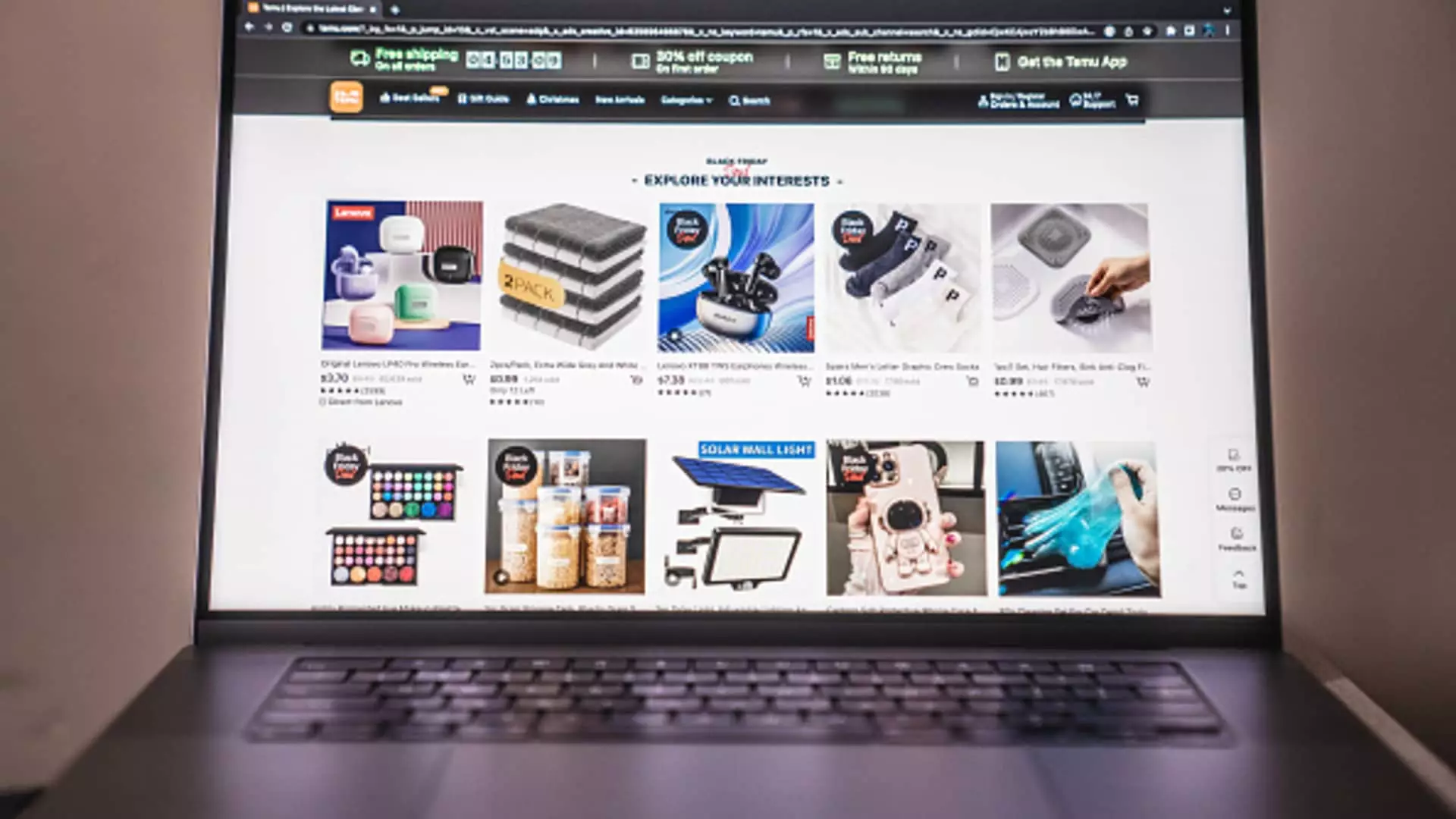Concerns have been raised by two U.S. Consumer Product Safety Commission members, Peter Feldman and Douglas Dziak, regarding the safety practices of “foreign-owned” e-commerce platforms such as Shein and Temu. Specifically, they are urging the agency to investigate the alleged sale of “deadly baby and toddler products”. The commissioners emphasize the need to examine Temu and Shein’s safety and compliance controls, as well as their relationships with third-party sellers and consumers. They are particularly interested in scrutinizing any representations made when products are imported into the U.S.
Recent reports have highlighted troubling instances where products sold by these platforms do not meet safety standards. Temu was found to be offering padded crib bumpers, which are prohibited in the U.S. due to suffocation hazards, while Shein sells children’s hoodies with drawstrings that regulators have deemed a safety hazard. This has raised significant concerns among consumers and regulatory authorities alike.
In response to these allegations, both Shein and Temu have issued statements defending their commitment to customer safety. Shein, in particular, has stated that it is investing millions of dollars to enhance its compliance programs and strengthen product safety practices. Similarly, Temu has emphasized that all sellers on its platform are required to comply with laws and regulations, including those related to product safety. Both companies have expressed their willingness to cooperate with any investigation by the CPSC.
Shein and Temu have rapidly gained popularity in the U.S. by offering consumers inexpensive goods from China. These platforms have capitalized on online marketing strategies to attract consumers looking for affordable products. Shein, with a reported valuation of $66 billion, has flooded social media platforms with advertisements, while Temu, backed by PDD Holdings, has launched aggressive marketing campaigns to establish its presence in the U.S. market.
The growth of Shein and Temu has been facilitated by a trade loophole known as the de minimis exemption, which allows packages valued at under $800 to enter the U.S. duty-free from China. This has enabled these platforms to offer low-cost goods to American consumers, contributing to their rapid expansion. However, this loophole has also raised concerns about the enforcement of safety regulations and the monitoring of products entering the U.S. market.
CPSC officials have requested additional funding to hire staff members to monitor emerging e-commerce platforms like Shein and Temu more effectively. Lawmakers are also closely scrutinizing these platforms to ensure that they comply with safety standards and regulations. It is essential for regulatory authorities to step up their oversight to protect consumers from potentially hazardous products sold through these e-commerce platforms.
The safety practices of foreign-owned e-commerce platforms such as Shein and Temu must be closely examined to safeguard consumer well-being. It is crucial for regulatory authorities to conduct thorough investigations and enforce stringent safety standards to prevent the sale of unsafe products. As these platforms continue to expand in the U.S. market, ensuring product safety and compliance should be a top priority for all stakeholders involved.

Leave a Reply